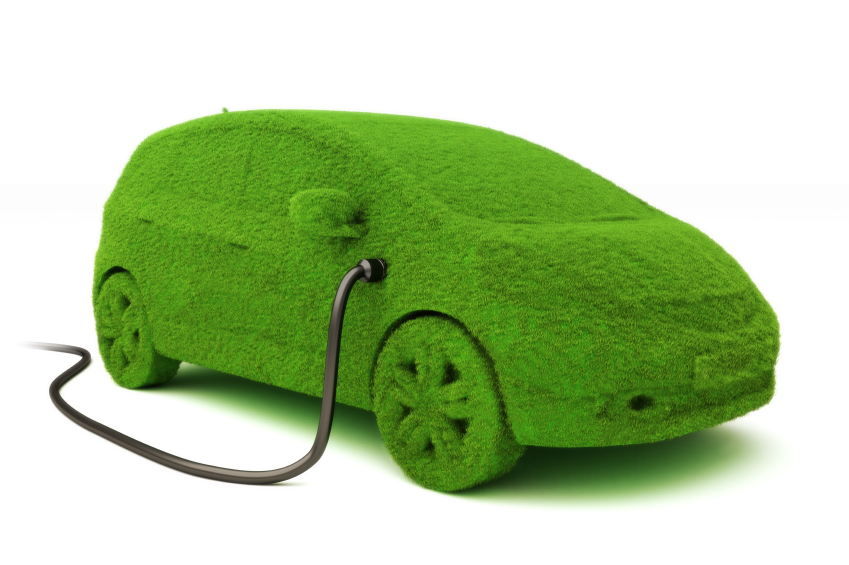2017 Predictions for the Manufacturing Industry
2016 was a year of ups-and-downs for the manufacturing industry, but it certainly ended on a strong note, which carried into the beginning of 2017. The FTSE 100 (Financial Times Stock Exchange 100 Index) ended the previous year with a record high of 7,205.21, great news not just for the London Stock Exchange but for the UK as well.

The manufacturing sector is undergoing many changes, from technological advances to dealing with a weakened pound, but promises good things for 2017!
Improvement of Sustainable Manufacturing
We live in an increasingly eco-conscious society, where sustainability appears to be the path every sector is following, from the food industry to the clothing business. Manufacturing is not far behind. Many companies and individuals are already working towards more efficient manufacturing processes and techniques.
A great solution to contribute to a more sustainable environmentally-friendly industry is 3D printing. This technique reduces waste and has a large range of applications, from medical instruments to aerospace components. Printing on demand can reduce waste and prevents the creation of by-products.
Going green is a great business decision on several levels: it helps protect the environment, attracts more customers wanting eco-friendly products and services, and reduces the cost of waste disposal.

More Automation
Machines are also becoming more intelligent, so in 2017 they’ll learn to reduce errors to an even lower figure, possibly even near zero, resulting in a reduction of waste and cost production. So, 2017 will also likely see a rise in automation on plant floors, with 85% of UK manufacturers having already implemented some form of it in 2016.
The Internet of Things will be a way to achieve this automation. It will allow accurate data capture from smart sensors on the plant floor machinery, and inventory tracking to predict which products will be needed. The automation of all operations without the need for manual commands can then be easily triggered.
Increase in Virtual and Augmented Reality
Technology plays a vital role in manufacturing, with the newest and most promising technologies being virtual and augmented reality. VR is already being used in automotive industry to amazing extents, and it will only get better.
These technologies will be more widely spread in 2017 and will allow more opportunities for manufacturers. Whether on the plant floor or at the design stage of a component, both AR and VR can be incredibly beneficial to the industry.
It will enhance customer experience and improve training of complex tasks as well, which will reduce human error and, therefore, overall costs.
Slower Growth Rate
The PWC believes that UK growth will slow to 1.2% in 2017 due to the post-Brexit economic uncertainty, although this doesn’t mean a recession, just a slowdown in general. While no one can say for sure, the manufacturing industry might go through the same process. Right now, it’s at an all-time high, but it is likely that the growth will stabilise.
Having said that, with the weakening of the pound sterling it’s likely that exports will rise in the manufacturing industry.

More Collaborations
The manufacturing sector thrives on cooperation between individuals and organisations, which contributes greatly to its expansion. In 2017 you will likely find a broader network of relationships between IT departments, customers, smart technology, marketing, etc. – which can improve the way you do business, whether at the plant floor level or at the customer experience level.
The manufacturing industry is constantly changing all over the world, which is clearly exemplified in the first moves that Donald Trump is making in the sector. Manufacturing is a global industry then, with intricate connections and relationships that evolve over time and work together to take it to new heights.
At Dean Group, we not only like being aware of what is currently going on in the manufacturing world, but we also have our mind on the future at all times. Our predictions for 2017 are generally positive and we are interested and eager to see what this new year will bring, not just for us but for the whole industry as well.
Registered in England VAT No: 146307478 Company Registration No: 1062820




